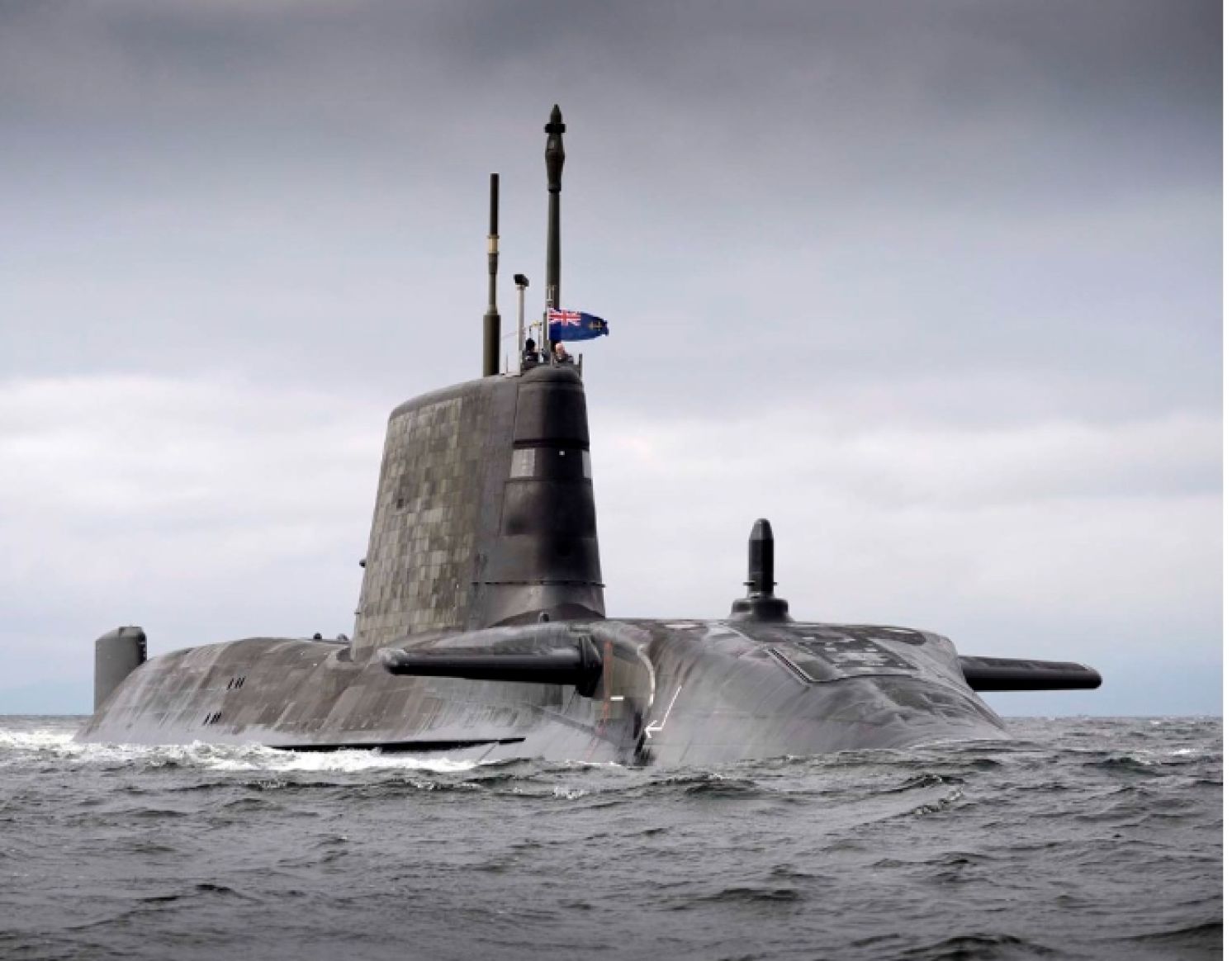
This Week in Taiwan 0331-0406
March 31: The Tourism Administration, Ministry of Transportation and Communications, set a target of 12 million tourists visiting Taiwan this year. However, with ongoing cross-strait tensions and a lack of mainland Chinese tourists, attaining this goal seems challenging. Director-General Chou Yang-hui mentioned that the key time point is after summer break. If the government does not open up to mainland tourists by then, then the target will likely be revised down to 10 million visitors.
April 1: Chair Laura Rosenberger of the American Institute in Taiwan (AIT) visited Taiwan for the fifth time. When she met with President-elect William Lai, she emphasized the importance of peace and stability in the Taiwan Strait, which closely aligns with the interests of both the United States and Taiwan. She commended Taiwan's responsible and pragmatic behavior in both cross-strait relations and the regional context, expressing hope that Lai will continue to maintain the status quo.
April 1: Another drone irritation incident occurred near an outlying island. On March 29, a mainland Chinese aerial camera entered the sky above Kinmen's Erdan Island, and China posted a video online mocking Taiwan's defense personnel. During interpellation at the Legislative Yuan, Minister of National Defense Chiu Kuo-cheng acknowledged that the response by the defense forces did not meet standards, indicating insufficient training to be rectified in the future. He emphasized that if the other party ignores repeated warnings and persists, decisive action, including firing to shoot down the enemy drone, will be taken, with the responsibility for launching the "first strike" lying with the intruding party.
April 1: Former President Ma Ying-jeou embarked on a visit to mainland China and met with Director Song Tao of the Taiwan Affairs Office (TAO) of the mainland's State Council. Ma stated that with both Europe and the Middle East caught in the flames of war, cross-strait peace and stability will not only benefit both sides but also hold significant global implications. He emphasized that the "1992 Consensus" laid the foundation for cross-strait cooperation and changed the direction of cross-strait relations during his presidency. Ma asserted that no one believed war would break out in the Taiwan Strait during that time, showcasing the effectiveness of the 1992 Consensus.
April 2: The leaders of the United States and China had a phone call, reaffirming their commitment to responsibly manage bilateral relations. According to the White House, President Joe Biden reiterated the U.S. "One China" policy to Chinese President Xi Jinping and emphasized the importance of peace and stability in the Taiwan Strait. According to Xinhua News Agency, Xi stressed that the issue of Taiwan is the first insurmountable red line in Sino-U.S. relations; China will not tolerate separatist activities or external support for "Taiwan independence" forces going unchecked. China hopes that the United States will translate Biden's positive statements related to non-support for Taiwan independence into concrete actions.
April 3: A 7.2-magnitude earthquake struck eastern Taiwan, killing more than a dozen and injuring more than 1,000. This is the largest earthquake in Taiwan in a quarter century since the 1999 Jiji earthquake.
Institutional analysts estimate that the earthquake may impact the Taiwan Semiconductor Manufacturing Company's (TSMC) second-quarter financial forecast by approximately US$60 million, although its revenue impact is limited. TSMC has not provided an official response.
April 4: At the Center for a New American Security (CNAS), U.S. Deputy Secretary of State Kurt Campbell stated that the AUKUS submarine program, jointly undertaken by the United States, United Kingdom, and Australia, could have significant implications for the situation in the Taiwan Strait. The rare linkage of AUKUS to Taiwan's security suggests that it could assist Taiwan in countering China's actions.
April 6: According to Czech media, Vice President-elect Bi-khim Hsiao was followed and harassed by a Chinese military diplomat in Prague. The incident nearly led to a car accident. Jakub Janda, director at the European Values Security Policy Center, posted on X, updating that the Czech Republic has summoned the Chinese ambassador and may potentially designate the individual as persona non grata.